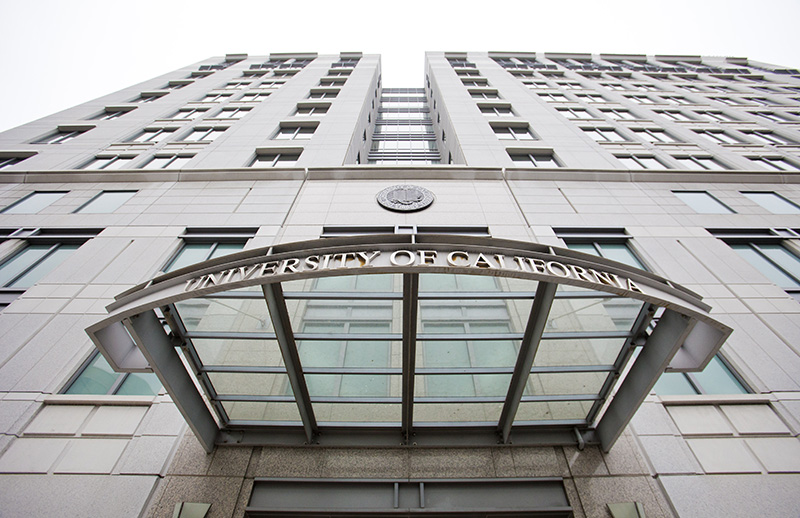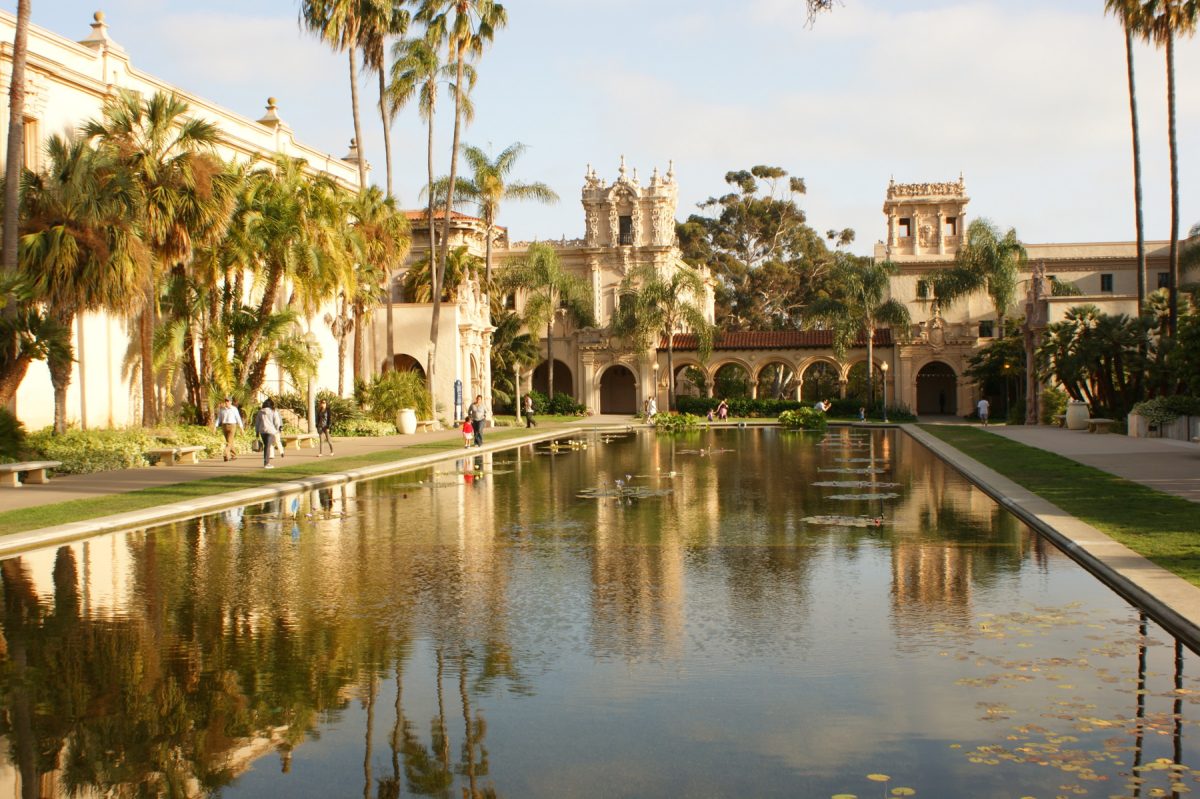WASHINGTON DC, USA —
President Donald Trump was inaugurated on Jan. 20 in a ceremony in Washington D.C. that was held indoors due to the cold. Trump announced his first executive orders, which include mass deportations, ending automatic birthright citizenship for children of undocumented immigrants, and making a federal policy to only recognize male and female gender identities, among others. Before he officially left office, former President Joe Biden pardoned dozens of individuals, including former chief medical advisor to the president, Dr. Anthony Fauci, former chairman of the Joint Chiefs of Staff, Mark Milley, members of the congressional Jan. 6 committee, and members of his family. “The issuance of these pardons should not be mistaken as an acknowledgment that any individual engaged in any wrongdoing, nor should acceptance be misconstrued as an admission of guilt for any offense,” Biden said in a statement.
GAZA, PALESTINE —
A ceasefire between Israel and the Palestinian group Hamas was finalized and approved by the Israeli government on Jan. 18 after over 15 months of conflict. The agreement comes in spite of Israeli Prime Minister Benjamin Netanyahu’s attempt to delay the deal by demanding a list of the first hostages set to be released. Over 70 Palestinians were killed by Israeli airstrikes following the ceasefire announcement on Jan. 15, according to the Gaza Health Ministry. The ceasefire came into full effect on Jan. 19, and it is composed of three phases, with the conditions of the latter two set to be negotiated during this first phase. The first phase will focus on limited prisoner exchanges, increased humanitarian assistance in the West Bank, and a partial retreat of Israeli forces to areas no more than 700 meters away from Gaza’s border with Israel. By Jan. 20, three Israeli hostages and 90 Palestinian prisoners were released. The first phase is set to last six weeks.
MEXICO CITY, MEXICO —
Mexican President Claudia Sheinbaum and her cabinet pushed back against Trump’s proposed immigration policies. The disagreement comes over the “Remain in Mexico” policy, which was created in 2019 during Trump’s first term and requires those seeking asylum in the U.S. to wait in Mexico for extended periods before entering the U.S. This policy has been criticized for leaving migrants vulnerable to violence and poor conditions. “If they reinstate [the Remain in Mexico policy], this is something we don’t agree with. We have a different focus,” Mexico’s Secretary of Foreign Affairs Juan Ramón de la Fuente said.
SEOUL, SOUTH KOREA —
South Korea’s impeached president, Yoon Suk Yeol, was formally arrested on Jan. 19 for his short-lived imposition of martial law over the state. The Seoul Western District Court issued a warrant to keep Yoon under police custody before his trial. Supporters of Yoon rioted outside of the court, breaking its building’s main door and windows, in face of the decision. Police forces were deployed and arrested 90 protesters. According to The Associated Press, Yoon remains uncooperative with officials from anti-corruption task forces, refusing to answer any questions regarding his decree of martial law. Yoon was initially detained at his presidential compound on Jan. 15, after 3,000 police officers and anti-corruption investigators gathered for what was the second arrest attempt against Yoon in the past month.
MOSCOW, RUSSIA —
Russian President Vladimir Putin congratulated U.S. President Donald Trump on his inauguration on Jan. 20. “We [hear Trump’s statement] about the need to do everything possible to prevent World War Three. We of course welcome this attitude and congratulate the elected president of the United States of America on taking office,” Putin said in a Russian state security council broadcasted on live TV. The Human Rights Watch has claimed that Russia has committed “war crimes and other atrocities” in Ukraine. There have been hundreds of thousands of deaths as a result of the war, according to both Ukrainian and Russian estimates, with millions more displaced.











